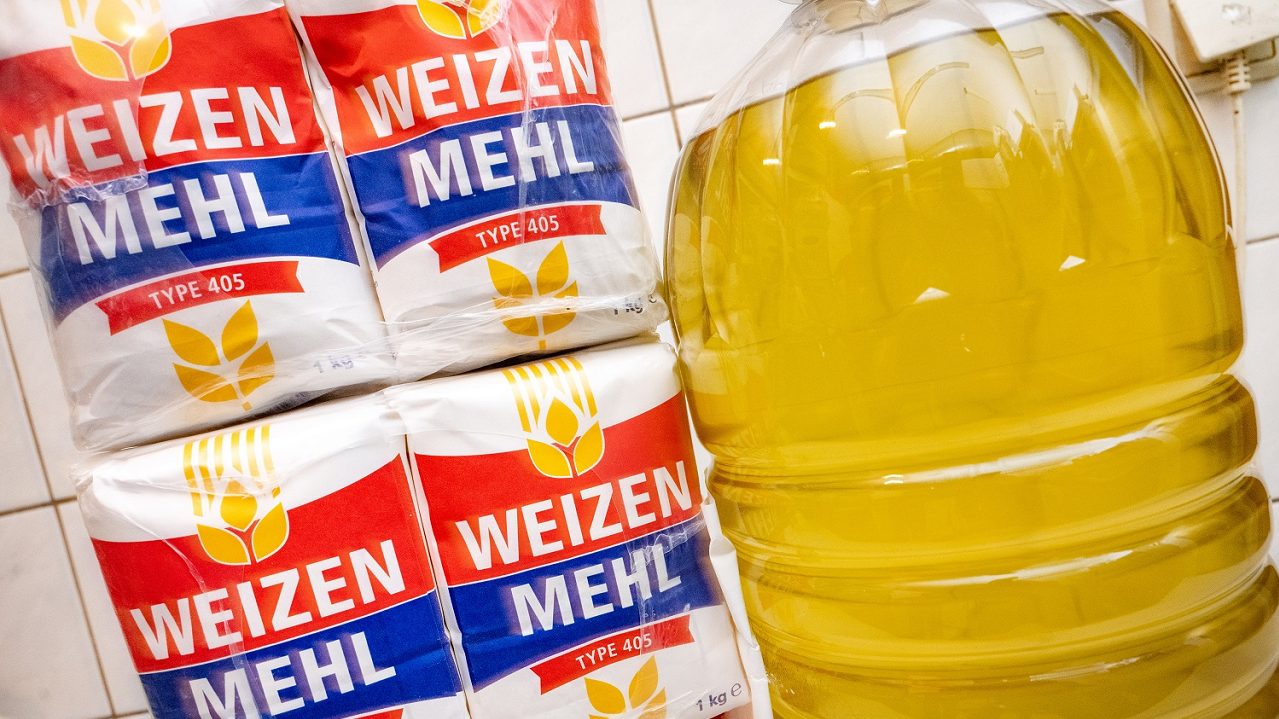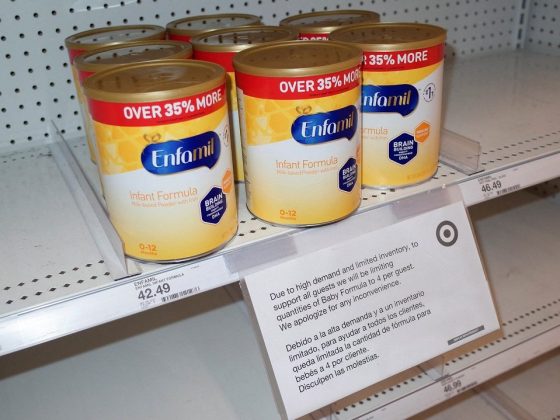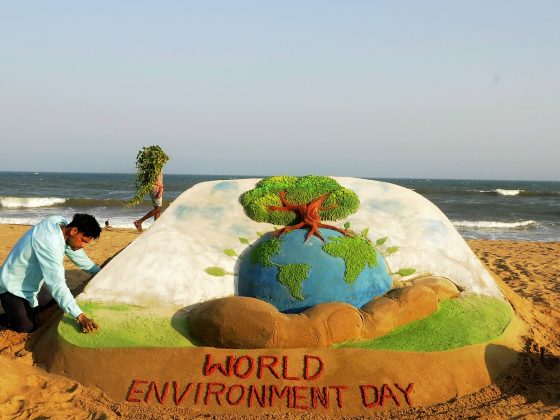The rising inflation seems to have caught everyone off guard. The US inflation rate of 8.3% in April, while representing a slowdown compared to previous months, is still far too high for comfort.
The situation is not much better in the Eurozone, where inflation has risen to 8.1%. Prices are rising all over the world, and no one knows how to stop them. In all likelihood, the chain reaction of price hikes will drive prices up in several rounds, and shortages of gas, wheat, oil, semiconductors and other products will only make the situation worse. Indeed, a big mess is coming.
The problem is that some of the products whose supply has been hampered, such as semiconductors, wheat, and gas, are the basis of the world’s industry and food production. We need wheat for most everything we eat, and we need gas and computer chips for most everything we produce. Therefore, their absence hampers that entire global economy and food production.
The first to suffer will be Africa, and possibly much of East Asia. Billions of people will go hungry, billions!
“But hunger is only the beginning. Hungry people will stop at nothing. When entire nations go hungry, wars break out and conflicts turn violent. The cataclysm that has just begun to develop could be worse than our worst nightmares, something we cannot even imagine. Besides manmade disasters, we can also expect natural disasters such as floods and fires to wreak havoc around the world.”
But hunger is only the beginning. Hungry people will stop at nothing. When entire nations go hungry, wars break out and conflicts turn violent. The cataclysm that has just begun to develop could be worse than our worst nightmares, something we cannot even imagine. Besides manmade disasters, we can also expect natural disasters such as floods and fires to wreak havoc around the world.
One thing that people might do is begin to stock up on staple foods. However, I do not think it will help much since we are in for a prolonged crisis, not something that will be over in weeks.
If anything can help at all, it is the realization that we are all in the same boat. Currently, the boat is riddled with holes and sinking fast. We can make those holes disappear if we join hands and work together at all levels, from the most personal to the international.
However, collaboration requires acknowledgement of our interdependence and, above all, trust. Without these two, we will continue to try to help only ourselves, and in consequence, we will all sink.
Moreover, if we begin to collaborate and think about the common good rather than only our own, we will find that there is really no lack of anything. Before the Russia-Ukraine war broke out, we were already throwing away at least a third of the food we produced. In other words, there is plenty of food but no willingness to share, and that is the real reason for the hunger, and for all the other problems we are experiencing.
This crisis will teach us that we can succeed only if we work together for the common good. However, for every lesson there is a fee. The sooner we learn the lesson, the lower will be the fee. The longer we stall, the higher the fee will be and the more painful the lesson.











